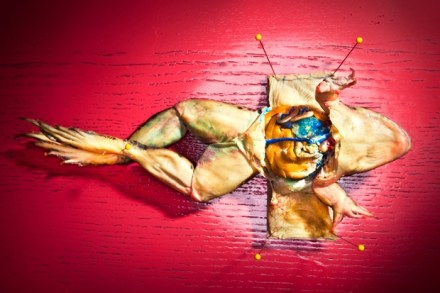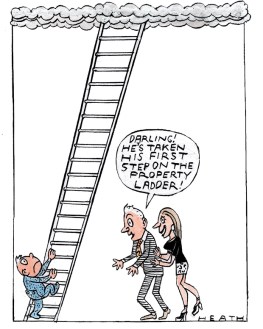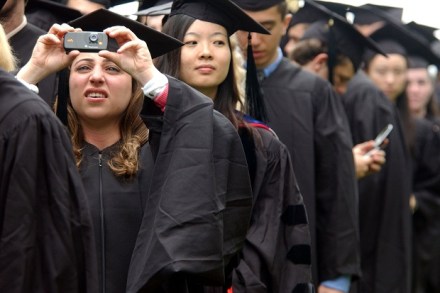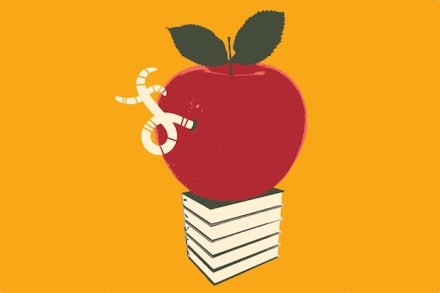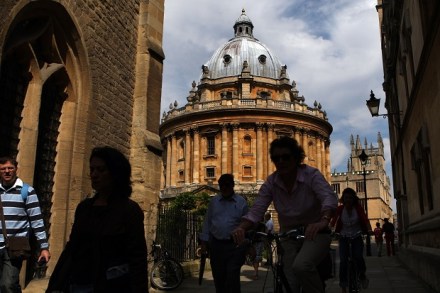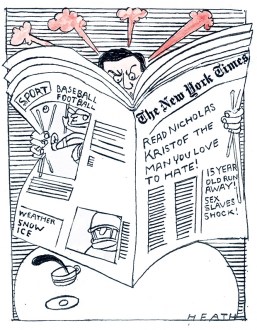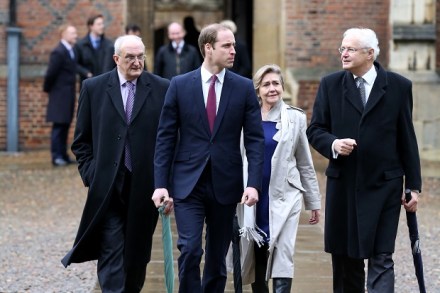Tattoos are sad and stupid – we should discriminate against people with them
It’s not often you can blame Samantha Cameron, Sandra Howard and Cheryl Cole for a social trend that blights the job prospects of hundreds, perhaps thousands, of men and women, but it’s out there. I’m talking about tattoos, which have travelled like inky climbing roses up the bare legs of countless Brits, from the bottom of society right to the top. Or from the top to the bottom, depending on your starting point. At one end of the social spectrum you have Cheryl Cole with that rose tattoo on her bottom, which she claims cost the price of a small car; at the other, you have SamCam’s little dolphin on



